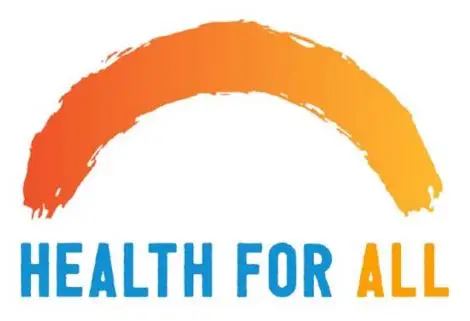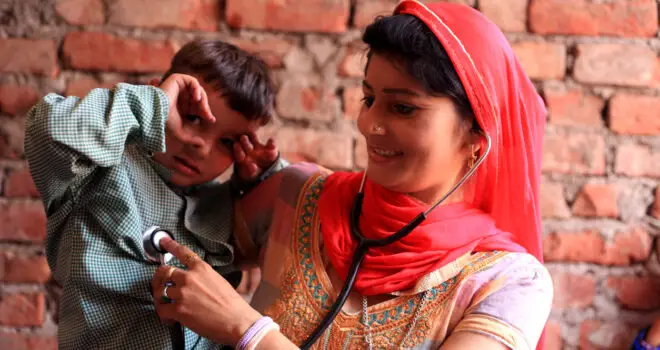
Every year since 1950, the World Health Organization (WHO) and its partners have celebrated World Health Day on 7 April as an opportunity to raise awareness of global health issues. This year, the theme is ‘Universal health coverage: everyone, everywhere’, which aims to shine a spotlight on the need for universal health coverage (UHC) and the advantages it can bring.
The sustainable development goals (SDGs) promote universal health coverage as a key objective for the global health community. Countries that invest in UHC make a sound investment in their human capital, and in recent decades, UHC has emerged as a key strategy to make progress towards other health-related and broader development goals. Access to essential quality care and financial protection not only enhances people’s health and life expectancy, it also protects countries from epidemics, reduces poverty and the risk of hunger, creates jobs, drives economic growth and enhances gender equality.
Some countries have already made significant progress towards universal health coverage, but half the world’s population is still unable to obtain the health services they need. If countries are to achieve the SDG target, one billion more people need to benefit from UHC by 2023.
This year, WHO is calling on world leaders to live up to the pledges they made when through the Sustainable Development Goals, and commit to concrete steps to advance #HealthForAll. This means ensuring that everyone, everywhere can access essential quality health services without facing financial hardship.
“No one should have to choose between death and financial hardship. No one should have to choose between buying medicine and buying food.”
– Tedros Adhanom Ghebreyesus, WHO Director General
This year’s World Health Day is an opportunity to expand the chorus of communities calling for universal health coverage and remind leaders, policymakers and local communities that UHC is morally right, economically smart and urgently needed for people’s and nation’s health and wellbeing. Access to quality health services should never depend on who you are, where you live, or how much money you have.


